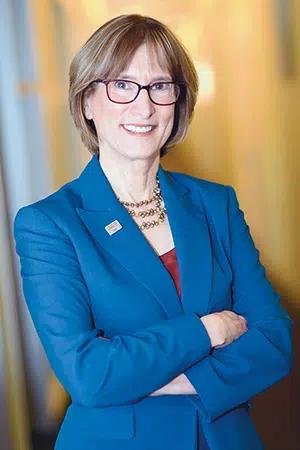She points out that including people with MS in the research process connects the science to the lived experience. “The ability to hear feedback from people with MS can influence the direction the research takes,” Bonnie says. “An individual from the MS community may reveal a new problem that needs to be considered. Now that is patient-centric!”Bonnie emphasizes that this approach provides a deeper understanding of the research process. “It’s easy to get frustrated that research does not move quickly enough, but you learn an appreciation for everything that goes into each study, the hours and the critical checkpoints along the way.”And for Bonnie, there’s a personal benefit: “It’s building connections with others that share a similar journey to myself. We have developed long-lasting friendships through this shared passion.”Scientists appreciate our commitment to including people with MS in the process as well. Carolyn Whitacre, PhD, who spent several decades studying MS in academia, now lends her expertise as committee member and past chair of the National MS Society’s Scientific Advisory Committee and chair of the Strategic Plan and Metrics Advisory Committee. Carolyn is also a vice chair of the Society’s national board of directors.She points out that the grant process to fund research used to be “confidential and secretive, with the notion that scientists knew best about the scope and direction of MS research.”Giving people with MS a voice in the decision process has many advantages, Carolyn says. “They see exactly how the process works and can voice their opinion on the impact of a given project.”She also says it can be “empowering for all people living with MS, knowing that people like them who understand what it’s like to have MS are involved in decisions about MS research.”Finally, she points out that there’s what she calls a constructive dialogue between people living with MS and the scientist reviewers. “The scientists benefit by hearing from the actual community they desire to help.”To reach a world free of MS it will take all of us. Together is the only way forward.




